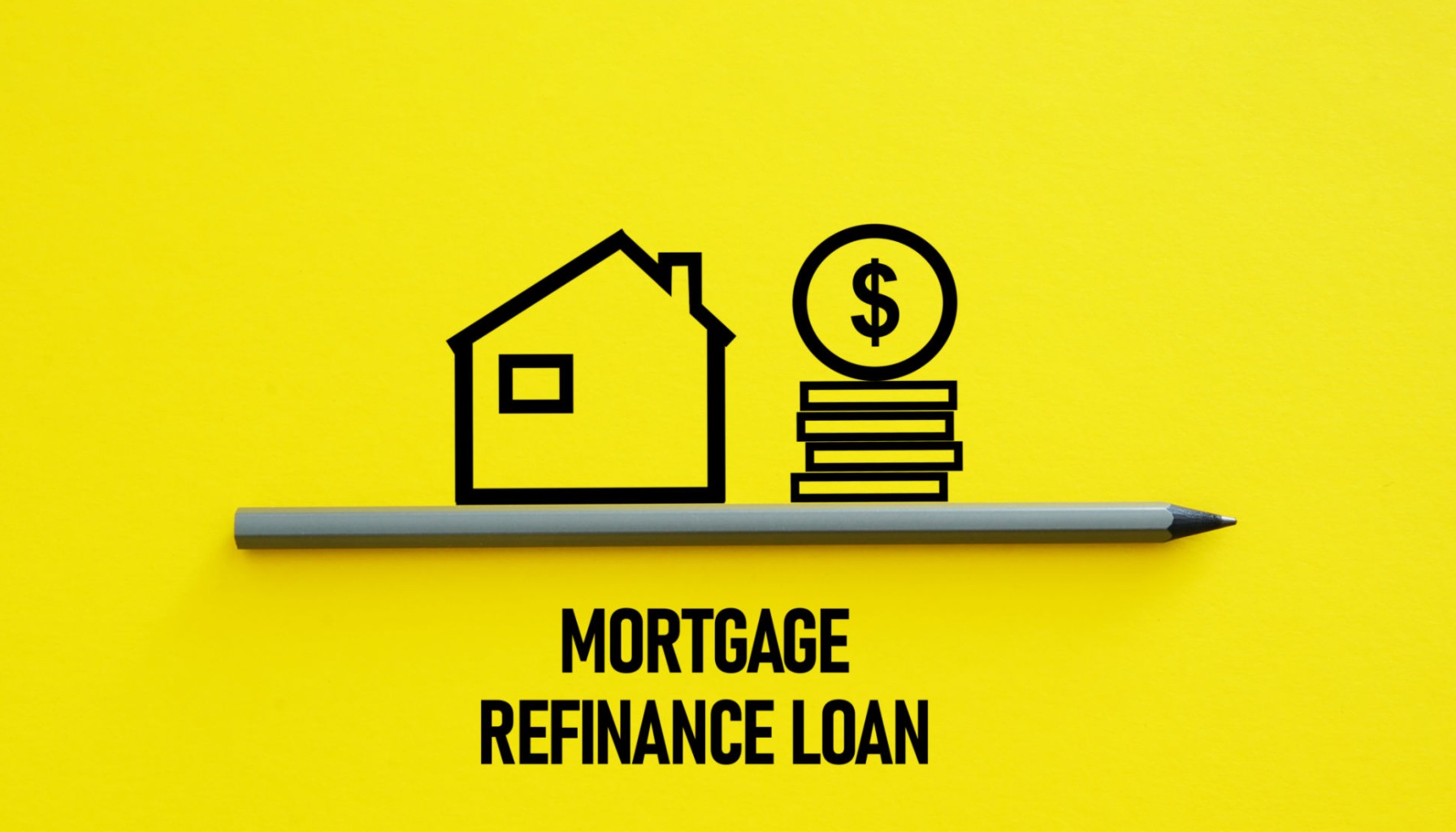Financial Worries Rise Among U.S. Workers: A Bank of America Report
A recent Bank of America Workplace Benefits Report reveals increasing financial concerns among U.S. workers. The report, based on a poll of 1,000 respondents, shows that only 47% of full-time workers feel a sense of economic well-being, a decline from 52% at the beginning of 2025.
Key Concerns: Savings, Debt, and Retirement
The report highlights several areas of concern. Nearly half of respondents (45%) reported having no emergency savings. A staggering 85% are carrying some form of personal debt, including credit card debt. Additionally, retirement worries are prevalent, with 33% expressing a lack of confidence in their retirement preparedness.
The Ripple Effect of Financial Anxiety
Consumer confidence is crucial for the economy. When individuals are worried about their finances, they tend to reduce spending. This decrease in spending can then have a negative impact on the broader economy.
Inflation, Gas Prices, and the Nuances of Economic Data
While rising prices are a major concern, the overall economic picture is complex. The U.S. annual inflation rate was 2.7% in July 2025, exceeding the Federal Reserve's 2% target. While inflation rates are elevated, they remain lower than the double-digit levels seen in the early 1980s. The Consumer Price Index (CPI), a measure of price changes for goods and services, increased by 0.2% from the prior month.
Gas prices, another indicator of consumer sentiment, averaged $3.20 per gallon nationwide in September, according to AAA. This is slightly higher than the previous month but comparable to the average price a year ago.
Personal Finance vs. National Data
National economic data may not always reflect individual experiences. A government chart cannot alleviate the stress of rising rent, car loans, or credit card payments. Personal financial situations significantly shape individual perceptions of the economy.
Managing Financial Stress in a Debt-Heavy Environment
Americans are facing significant debt burdens, with household debt reaching a record $18.2 trillion this year, according to Market Watch. Credit card debt is also a major concern. Here are some steps to manage financial stress:
- Create a budget and track your spending.
- Prioritize paying down high-interest debt.
- Build an emergency savings fund.
- Seek professional financial advice if needed.
 Visit the website
Visit the website





